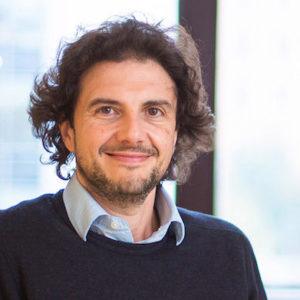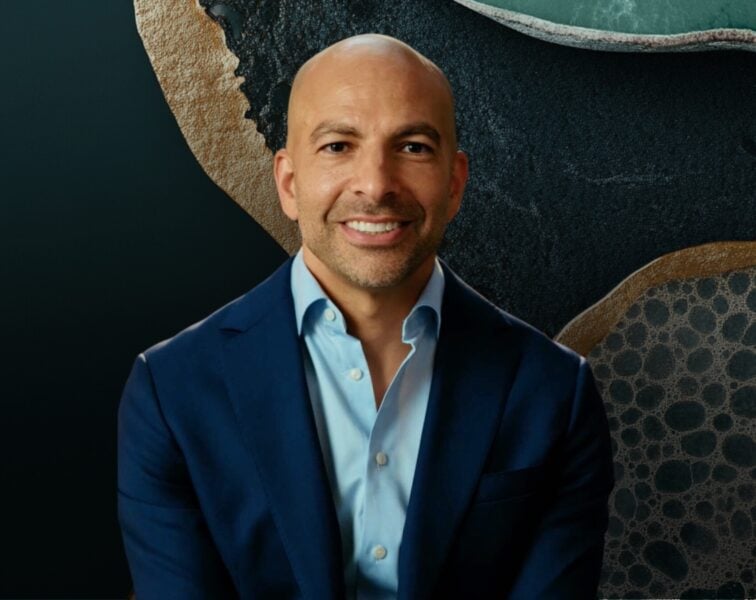In this episode, my good friend David Sabatini delves into his extensive work with the mechanistic target of rapamycin—better known as mTOR—and rapamycin. The compound rapamycin is the only known pharmacological agent to extend lifespan all the way from yeast to mammals—across a billion years of evolution. David, a professor of biology and a member of the Whitehead Institute at MIT, shares his remarkable journey and discovery of mTOR in mammalian cells and its central role in nutrient sensing and longevity. Fasting, rapamycin, mTOR, autophagy, gedankenexperiments: having this conversation with David is like being the proverbial kid in the world’s greatest candy store.
Subscribe on: APPLE PODCASTS | RSS | GOOGLE | OVERCAST | STITCHER=
We discuss:
- mTOR and David’s student years [4:30];
- Rapamycin and the discovery of mTOR [8:15];
- The connection between rapamycin, mTOR, and longevity [30:30];
- mTOR as the cell’s general contractor [34:45];
- The effect of glucose, insulin, and amino acids on mTORC1 [42:50];
- Methionine sensing and restriction [49:45];
- An intermittent approach to rapamycin [54:30];
- Rapamycin’s effects on cancer, cardiovascular disease, and neurodegeneration [57:00];
- Gedankenexperiment: couch potatoes on rapamycin vs perfectly behaved humans [1:03:15];
- David’s dream experiment with no resource constraints [1:07:00]; and
- More.
§
Get Peter’s expertise in your inbox 100% free.
Sign up to receive An Introductory Guide to Longevity by Peter Attia, weekly longevity-focused articles, and new podcast announcements.
Would you like access to extensive show notes and references for this podcast (and more)?
Check out this post to see an example of what the substantial show notes look like. Become a member today to get access.

David Sabatini, M.D., Ph.D.
David M Sabatini is an American scientist and Professor of Biology at the Massachusetts Institute of Technology as well as a member of the Whitehead Institute for Biomedical Research. He has been an investigator of the Howard Hughes Medical Institute since 2008 and was elected to the National Academy of Sciences in 2016. He is known for his important contributions in the areas of cell signaling and cancer metabolism, most notably the discovery and study of mTOR, a protein kinase that is an important regulator of cell and organismal growth that is deregulated in cancer, diabetes, as well as the aging process. [wikipedia.org]



